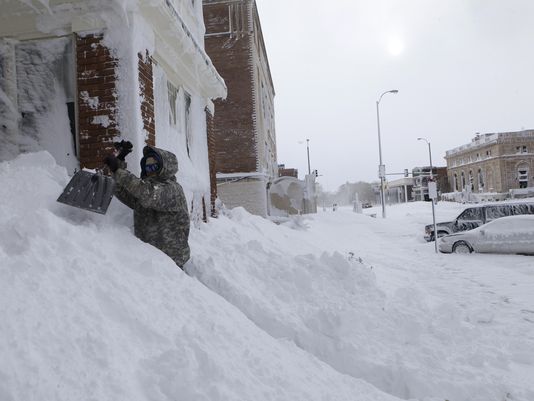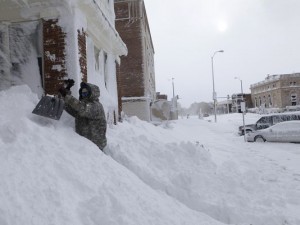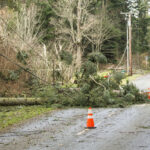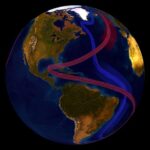February 11, 2014 – Here’s a quote that should be repeated often to those who believe climate change isn’t real. It comes from today’s New York Times:
“The entire United States, including Alaska, covers less than 2 percent of the surface of the earth. So if the whole country somehow froze solid one January, that would not move the needle on global temperatures much at all.”
The weather outside may be dreadful in the eastern part of North America this winter but it is no more dreadful than the winters I remember in the 1970s when the Ohio River and Upper Mississippi froze making the shipping of coal and other goods more difficult in the American heartland. And there were a few winters in the 1980s that seemed pretty brutal as well.
But this is North America and not all parts are experiencing climate change denying cold. California is warm and until the last couple of weeks suffering from a prolonged drought. Alaska is warmer than normal as is the Yukon, its neighbour. Australia is roasting and Sub-Saharan Africa is experiencing prolonged drought. Europe’s winter has been fairly benign. So the weather of North America is hardly a basis for judging the entire planet’s climate. The truth is weather is not climate and the climate skeptics should be reminded of this every time they point to a cold day in the middle of winter to support their positions.
I write a lot about climate change and the evidence being gathered to support those reports from the International Panel on Climate Change, the IPCC. I often point out that climate models are imprecise and that we are still learning about the subtle nuances of the Earth environment through the continous collection of vast amounts of climate data. Just in the last two days I have written about aerosols and trade winds and how they can alter climate from decades to millennia.
Incorporating what we learn from these new studies will make our climate models better in the future so that we can better assess the impact of our contribution to the atmosphere, industrial CO2 and other greenhouse gases.
By no means would any climatologist tell you that we have mastered the entire picture of our planet’s climate. But they will express with confidence that there is enough data now to point to human influence on the atmosphere and ocean that warrants considerable concern about the future well being of our species and the others here on Earth.
A final comment for those still convinced that we will see an Ice Age before we see the Arctic Ocean melt and much of Antarctica’s ice fields slip into the Southern Ocean. In today’s New York Times article there is a reminder of just how short our memories are about past weather here in North America. Here is one quote:
“In the winter of 1976-77……the temperature in Chicago stayed below freezing for 43 days straight, and in 1985 the city had a below-freezing stretch of 40 days. The longest stretch [of below freezing] so far this winter was 11 days. Similarly, New York’s longest stretch below freezing this year has been six days, less than half as long as the freezing periods in the 1970s.”
From sunny Florida, the only place in Eastern North America that is warm this week, I am Len Rosen, your science and technology blogger.




















